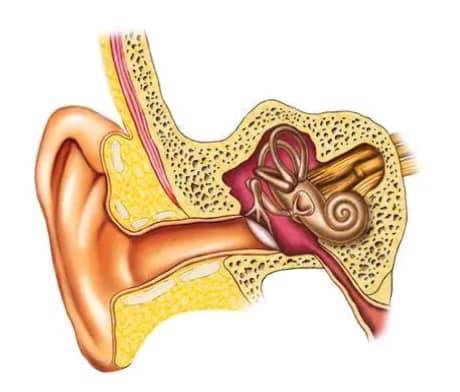Blood group systems refer to the grouping of blood-based on the presence or absence of specific antigens on the surface of red blood cells. Antigen refers to a molecule whose presence in the body starts the role of defense (immune response) i.e. making antibodies etc.
ABO Blood Group System
It is the most important blood group system in humans, which was discovered by an Austrian scientist, Karl Landsteiner, in 1900. He said that humans have four different blood groups. The Nobel Prize in Medicine was awarded based on Landsteer's work.
 |
Blood Group Systems |
In this system, there are four blood groups that differ from each other in terms of the levels of specific antigens (antigen A and antigen B) on red blood cells. A person who has antigen A has blood group A, a person who has antigen B has blood group B, a person who has both antigens has blood group AB and A person who does not have either antigen A or antigen B has blood group O.
Antibodies are formed in the blood serum after birth. An antibody is called (an anti-A antibody) and an anti-B antibody (anti-B antibody). These antibodies are present in relation to antigens that are not present in the body. A person whose blood type is A has antigen A and antigen B is not present, so anti-B antibodies will be present in his blood. A person with blood group B has antigen B and no antigen A, so his blood will have anti-A antibodies. A person of blood group AB has antigens A and B, meaning neither is absent, so there will be no antibodies in his blood. On the contrary, a person of a blood group does not have both antigens A and B, so he has no antibodies. Anti-A and anti-B antibodies will be present in the blood.
Blood Transfusion in ABO Blood Group System
Blood transfusion refers to the transfer of blood or blood products from one person into the circulatory system of another. Blood transfusions are given to save lives when too much blood has been lost due to injury. Similarly, waste during surgery blood is also transfused to replace lost blood. Patients with anemia, hemophilia, thalassemia, and sickle cells also require regular blood transfusions.
Blood transfusion is done after confirming that there is no agglutination of blood cells in the recipient. If the cells form clots (in which they stick to each other) they cannot pass through the capillaries. Cross-match blood samples from the donor and recipient to confirm that no clots have formed. Antibodies in the recipient's blood can destroy red blood cells with matching antigens in the donor's blood. Likewise, antibodies in the donor's blood with antigens in the recipient's blood. Can also destroy red blood cells.
People with blood groups are called universal donors, ie universal donors, such people can give blood to people of every blood group of the ABO system. The people who have the blood group AB are called universal recipients. Such people can receive blood from people of every blood group of the ABO system.
Rh, blood group system (positive and negative blood group system)
 |
| Rh blood group |
In the 1930s, Carl Landsteiner discovered Rh. Discovered the blood group system. There are two blood groups in this system i.e. Rh-positive and Rh. Negative. These two groups also differ based on the presence or absence of an antigen on the red blood cells. This antigen
Rh-factor (which was discovered in Rhesus monkey) is called. Rh on red blood cells. The blood of a person with the factor is Rh-positive and non-Rh. It is negative.
In the ABO system, antibodies against the absent antigen are present from birth, but in the Rh system, an Rh-negative person does not develop anti-Rh antibodies until the Rh factor of Rh-positive blood is introduced into his blood. don't be
Blood Transfusion in Rh Blood Group System
An rh-positive blood group can be given to an Rh-positive recipient because the recipient's blood also already contains Rh-factor and will not make anti-Rh antibodies. Similarly, an Rh-negative blood group can be given to an Rh-positive recipient because the donor's blood also lacks Rh-factors. Therefore, the recipient's blood will not make anti-Rh-antibodies. If an Rh-negative person is given Rh-positive blood, anti-Rh antibodies will be formed against the incoming Rh-factors. Rh-positive people have Rh. Lacto blood can be given, but the condition is that the donor's blood (Rh positivity) has not been exposed to Rh-factors in the past and does not contain anti-Rh-antibodies.

.jpg)
.jpg)



